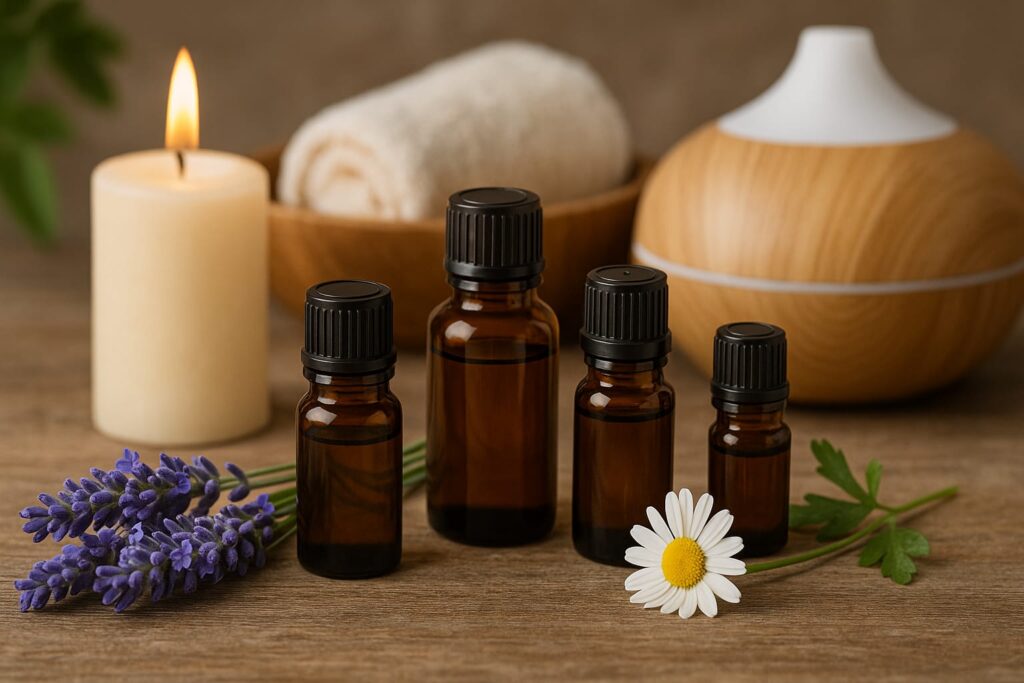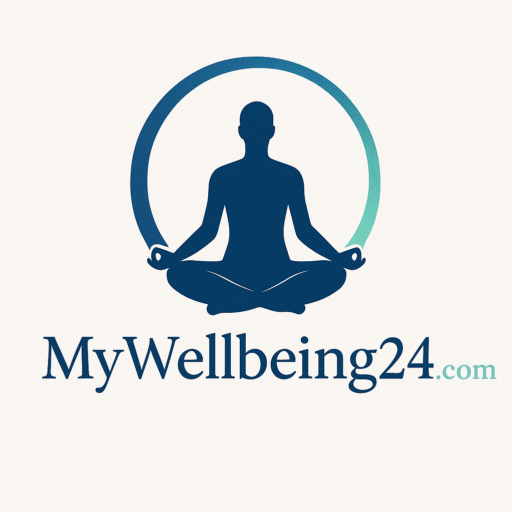Aromatherapy Uses for Mental Relaxation
Aromatherapy Uses for Mental Relaxation
In today’s fast-paced world, stress and anxiety are common companions. For many, traditional methods of managing stress aren’t always effective or sustainable. That’s where aromatherapy uses for mental relaxation step in. This ancient practice, rooted in holistic healing, is gaining modern traction for its powerful effects on the mind and mood. By utilizing essential oils from plants and flowers, aromatherapy offers a natural way to relax, refocus, and rejuvenate.
This article explores the most effective aromatherapy uses for mental relaxation, supported by scientific evidence, expert tips, and a practical guide for everyday use.

What Is Aromatherapy?
Aromatherapy is a holistic healing treatment that uses natural plant extracts, known as essential oils, to promote health and well-being. It’s sometimes called essential oil therapy. While often associated with physical healing, one of its most powerful effects lies in its ability to calm the mind.
The oils are typically inhaled or used in diffusers, massage oils, bath blends, or even compresses. Moreover, these scents interact with your brain’s limbic system, the area that controls emotions, making aromatherapy a direct route to emotional balance.
How Aromatherapy Affects the Brain
To fully understand the aromatherapy uses for mental relaxation, it’s essential to grasp how aromas influence our brain chemistry. When we inhale a scent, it travels through the olfactory system and into the limbic system. This part of the brain regulates emotions, memories, and even some physiological functions like heart rate and blood pressure.
As a result, specific essential oils can stimulate the release of neurotransmitters such as serotonin and dopamine. These chemicals contribute to mood elevation and relaxation. Therefore, the connection between aroma and emotion is not just anecdotal, it’s deeply biological.
Top Essential Oils for Mental Calm
Lavender: The Gold Standard
Lavender oil is one of the most well-known aromatherapy uses for mental relaxation. It contains compounds like linalool and linalyl acetate, which help reduce anxiety and improve sleep. Furthermore, studies have shown lavender to be as effective as some prescription medications for mild anxiety.
Chamomile: Emotional Soother
Roman and German chamomile oils are both excellent choices. Chamomile has natural sedative properties, making it ideal for bedtime use or high-stress situations. In addition, its sweet, apple-like aroma is comforting to many.
Bergamot: Uplifting and Calming
Bergamot oil, extracted from the rind of the bergamot orange, strikes a balance between stimulation and sedation. Surprisingly, it can both elevate your mood and calm your nerves. It’s often used in anxiety management and mood balancing.
Frankincense: Grounding and Centering
Used since ancient times in spiritual practices, frankincense oil fosters a sense of peace. This makes it one of the more spiritually aligned aromatherapy uses for mental relaxation. It works well during meditation and deep breathing exercises.
Ylang Ylang: Eases Tension
Ylang ylang oil is known for its floral and exotic scent. It’s particularly helpful in lowering high blood pressure and reducing tension. Moreover, it has mild aphrodisiac properties, which can promote emotional connection.
Practical Aromatherapy Uses for Mental Relaxation
Diffusers and Room Sprays
One of the simplest methods is using an essential oil diffuser. With just a few drops of your preferred oil and some water, your space can transform into a calming sanctuary. Room sprays are also convenient for on-the-go support.
Bath Soaks
Adding essential oils to a warm bath is another effective use. Not only does the warm water relax muscles, but the steam also carries the aroma to your brain, enhancing the mental effects. For best results, mix essential oils with a carrier like Epsom salt or coconut oil.
Massage Oils
Blending essential oils with a carrier oil such as jojoba or almond allows you to create a soothing massage experience. This method delivers dual benefits: physical relaxation and mental calm.
Inhalers and Personal Roll-Ons
Portable options like essential oil inhalers or roll-on blends provide targeted relief during moments of high stress. They’re discreet and easy to use, making them ideal for work or travel.
Best Times to Use Aromatherapy for Relaxation
Morning Focus
Starting your day with citrus oils like orange or lemon can promote clarity and reduce morning grogginess. These oils uplift and energize without overstimulating.
Midday Reset
As stress builds throughout the day, consider taking a five-minute break with lavender or frankincense. Inhaling these oils can help reset your nervous system and reduce mental fatigue.
Evening Wind-Down
For sleep preparation, oils like chamomile and ylang ylang shine. Diffuse them in your bedroom or add them to your pillow spray. Doing so can enhance sleep quality and reduce nighttime anxiety.
Blending Oils for Enhanced Effects
Combining different essential oils can maximize their benefits. For example, blending lavender and bergamot can create a synergy that balances sedation with mood elevation. If you’re new to blending, start with small amounts and keep a journal of how each combination makes you feel.
Moreover, always remember to dilute essential oils properly when applying them to the skin, as they are highly concentrated.
Scientific Support for Aromatherapy Uses for Mental Relaxation
Several studies have confirmed the effectiveness of aromatherapy for mental well-being:
- A 2013 study in the journal Evidence-Based Complementary and Alternative Medicine found that lavender oil significantly reduced anxiety levels in patients undergoing dental procedures.
- Research in Phytomedicine revealed that bergamot essential oil had anxiolytic (anti-anxiety) properties in animal studies.
- A 2017 meta-analysis concluded that inhaling essential oils can effectively reduce acute stress in various populations, from students to healthcare workers.
These findings reinforce the value of integrating aromatherapy uses for mental relaxation into daily life.
Aromatherapy Safety Guidelines
While essential oils are natural, they’re also potent. Use them responsibly to avoid adverse effects:
- Always perform a patch test before applying to the skin.
- Do not ingest essential oils unless directed by a qualified practitioner.
- Keep oils away from children and pets.
- Use only high-quality, pure essential oils without synthetic additives.
By following these simple precautions, you can enjoy aromatherapy safely and effectively.
Creating a Relaxation Ritual at Home
Establishing a daily aromatherapy routine can anchor your mental well-being. Try this simple ritual:
- Morning: Inhale citrus oils before leaving the house.
- Afternoon: Take a five-minute breathing break with lavender or bergamot.
- Evening: Wind down with a bath infused with chamomile or ylang ylang.
- Night: Diffuse frankincense while journaling or meditating.
With consistency, this routine can significantly enhance your emotional resilience and clarity.
Final Thoughts: Aromatherapy Uses for Mental Relaxation
Aromatherapy is more than just pleasant scents: it’s a powerful tool for mental health. Whether you’re struggling with chronic anxiety or simply seeking more daily calm, incorporating aromatherapy uses for mental relaxation into your life can offer a profound shift in well-being.
It’s natural, accessible, and easy to integrate. And most importantly, it invites you to pause, breathe, and be present in the moment. In a world that rarely stops, that’s a gift worth embracing.
You might also be interested in:
